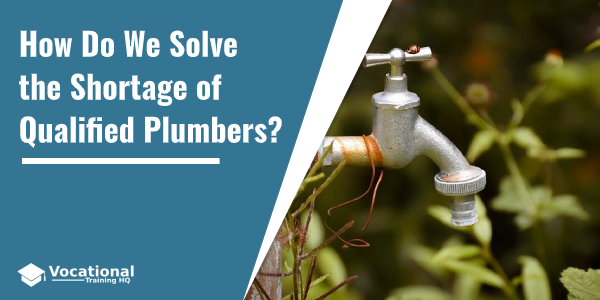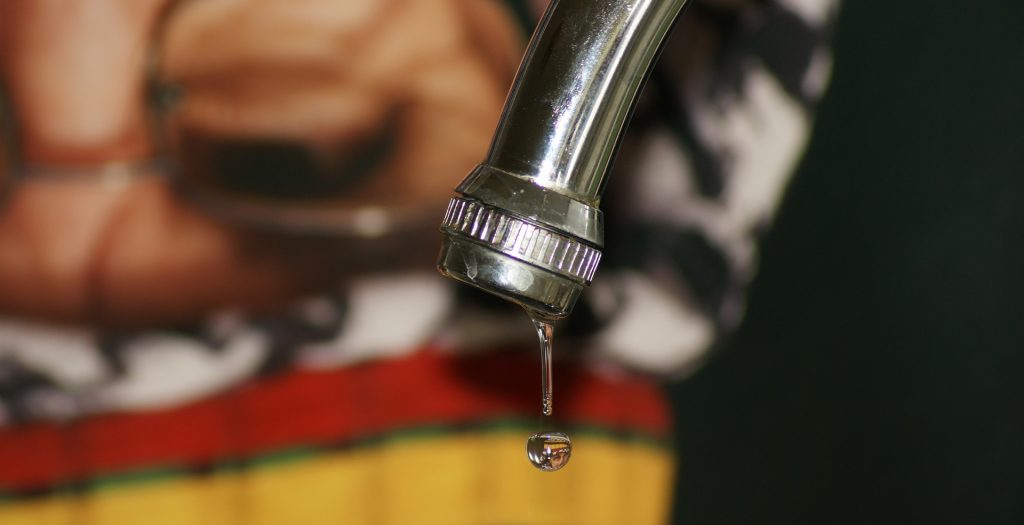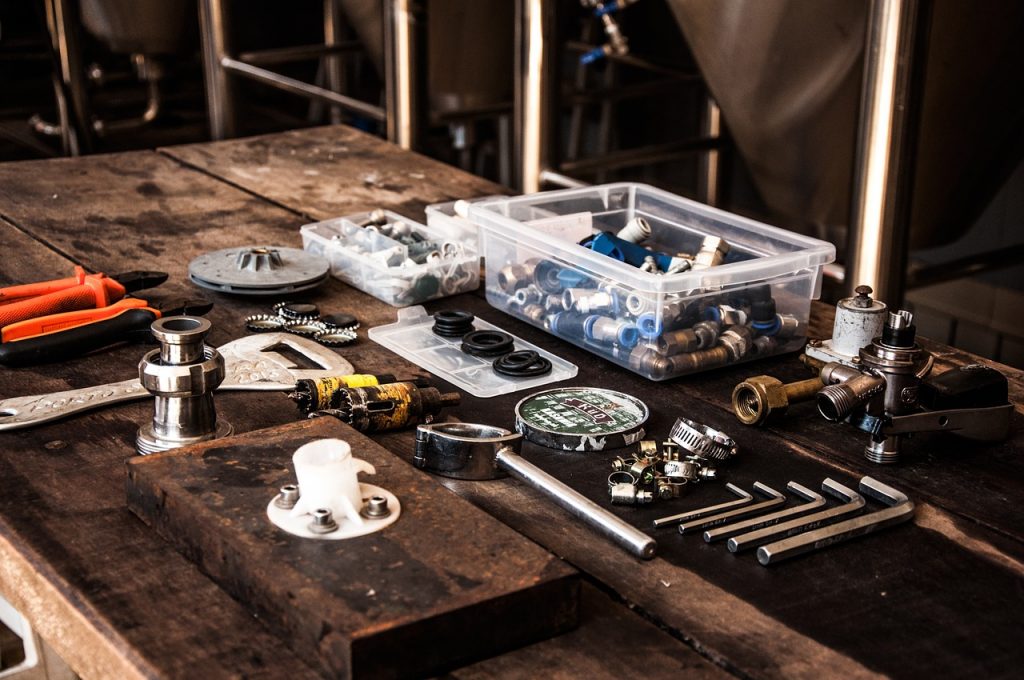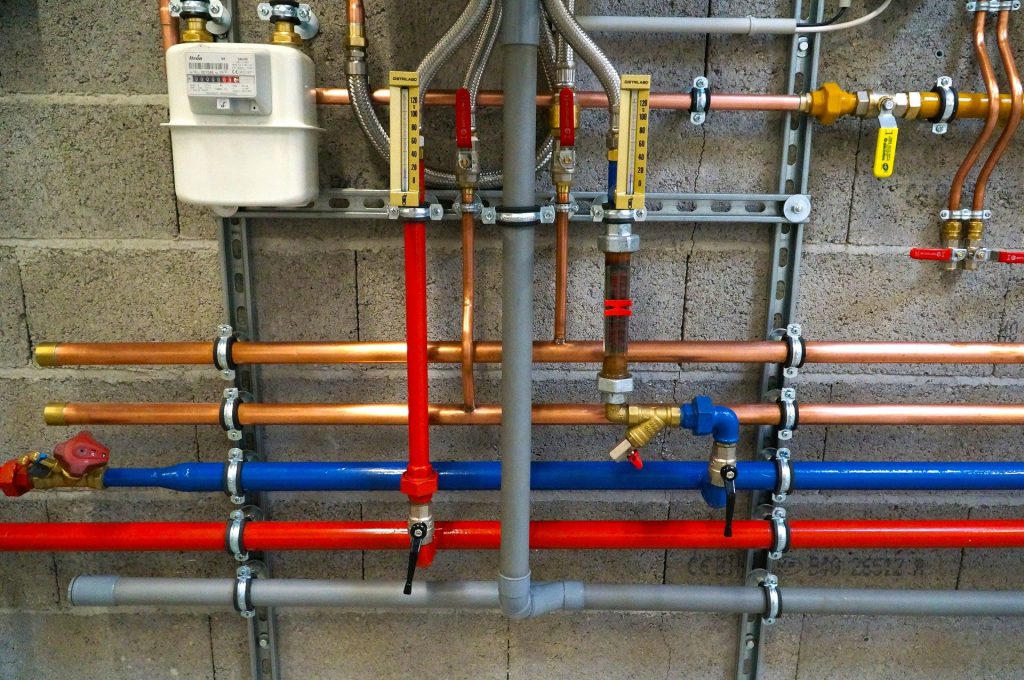Plumbing is one of the most sought-after trades in our society.
Qualified plumbers are needed when installing and maintaining piping systems in commercial and residential buildings.
Although every building has a plumbing system that needs maintenance and repair work, because fewer men and women are choosing this career path, there is an insufficient number of qualified workers in this profession.
Plumber services are required in a variety of situations: from leaking faucets and clogged toilets to the installation of piping systems so having a good plumber in your phonebook is very important.
As water efficiency standards become stricter and stricter and piping systems become more complex, the need for plumbers becomes more acute.
Due to a shortage of professionals that has affected all trades, nowadays it is hard to find someone who can fix plumbing issues that may occur at our home or office.
It is even harder to build a business relationship with someone we can call each time we have a plumbing problem knowing that they will respond on time.
Article Table of Contents
The Causes For This Problem
There are several factors that over time have contributed to this problem.
Skilled Workers Have Retired
Studies show that more than half of the United States’ skilled trade employees are close to retirement and the plumbing occupation makes no exception.
Experienced plumbers are still out there, but their numbers are dramatically declining as fewer graduates are choosing to replace workers who retire each year.
Plumbing is Becoming More Complex
In our day and age, a wrench and a flashlight are no longer enough to fix plumbing issues.
This profession has become increasingly complex, and plumbers have to always keep up with the latest advancements in the field and the newest industry standards.
Plumbers today are using sophisticated computers and equipment, and an expert eye is no longer enough for troubleshooting plumbing problems.
Today there are different installation codes, a variety of piping materials, and these can be challenging for inexperienced workers.
Workers need proper training before using up-to-date technology and video software and fewer schools are offering training programs for young people who want to follow a career in skilled trades.
So those who want to start a career in plumbing have fewer training opportunities, mainly due to lack of funding.
In the past trainees learned the ins and outs of this trade through apprenticeships that were offered by their school’s direct educational programs.
Nowadays, these types of programs are scarce, and prospective plumbers don’t have too many choices.
Negative Stigma Attached to the Plumbing Profession
In recent years, the idea of trade education was replaced with the dream of scholastic achievement.
Our society sometimes attaches a negative stigma on the plumbing profession, and most high school graduates prefer to choose a career that involves higher learning.
Plumbing is No Longer a Heritage Profession
A few decades ago, family ties were very popular in almost every profession, and children were happy and even proud to fill in their parents’ footsteps.
Nowadays the idea of a heritage career is not as popular, and the youth would much rather chase corporate opportunities than practicing the same career as their parents.
Plumbers Need Many Different Skills
Plumbers need to be very skilled to be able to handle many different tasks and surprises that may appear during projects.
Their jobs may involve installing pipes that carry medical gas, drinking water, or sewer piping systems, so this profession has to be practiced by people who know what they are doing.
Due to the fact that technological advances are rapidly changing the world of plumbing, those who work in this field have to be willing to learn throughout their career.
A career in plumbing is a viable choice for young people, especially now, when many companies are offering good salaries on the job training, health insurance, paid vacation, and many other perks to keep their employees.
Is There Hope in the Near Future?
There are several ways to solve this plumber shortage problem and many public and private entities try to make this career more attractive to young people.
Some states offer to fund skilled trade workers and local municipalities organize events meant to help employers find the resources they need to train new workers.
Companies in this field can apply for grants to help them recruit new workers and retain experienced employees.
Several private initiatives also support skilled workers.
For example, Copper Development Association Inc. has developed educational resources for workers in the field.
High schools are teaming up with community colleges that offer apprenticeship programs to teach students this trade hands-on and on-location.
Some private companies also provide apprenticeship programs to eligible candidates and usually, apprentices receive a salary while learning on-the-job the skills needed for this profession.
How to Choose The Right Plumber
When looking to hire a plumber, there are a few things that you should take into account:
- experience
- ability to meet deadlines
- familiarity with new technology
- customer-service skills
- quality focus
- resourcefulness and proactivity
- efficiency.
The right plumber needs experience and must be a trusted person who can finish the project on time and 0n budget.
If you’re looking to hire a plumber, then choose someone who knows how to use the latest tools and technology, someone who knows how to communicate with their clients, is focused on the quality of the work and is willing to advise the client on how to prevent future issues.
Read the full guide: How to Become a Plumber



